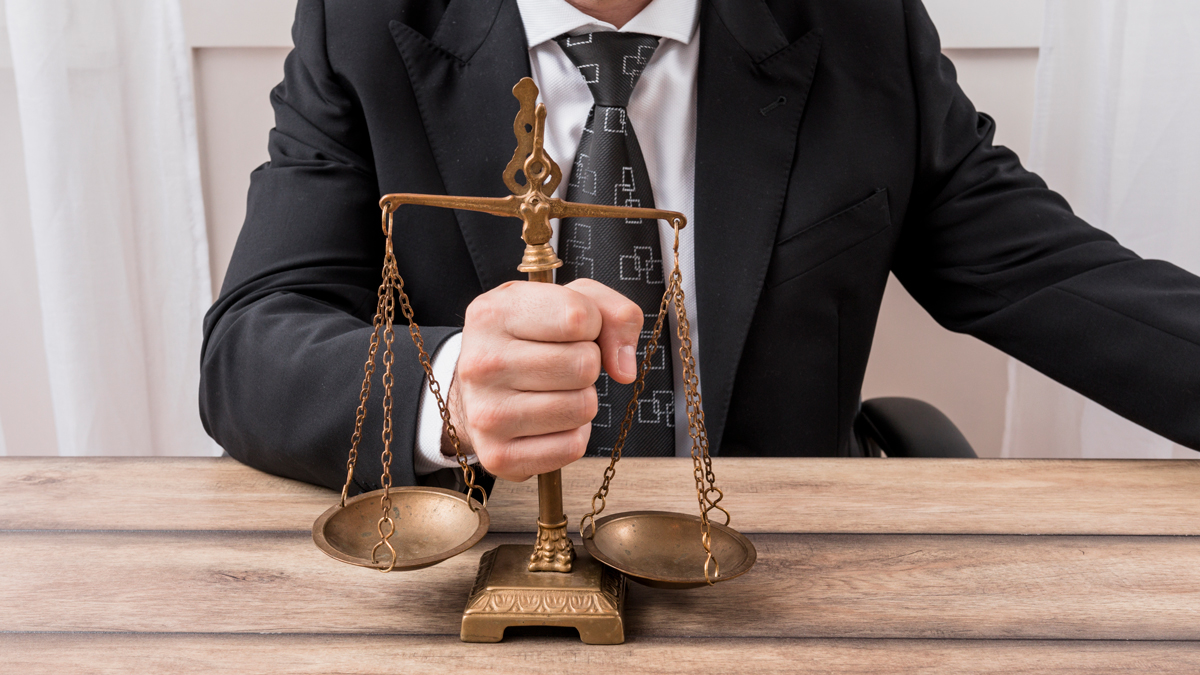
Human society is a highly complex social structure. It needs a social order or system of rules and/or a guideline of conduct to maintain control. Without these, these societies would be difficult to maintain and would break apart.
It is important to know about the law in and outside your country because it affects every important aspect of our lives. It governs our conduct, and it has social order that has basic functions to keep the peace, implement standards to maintain order, expedite planning, and advocate social justice.
Legal order controls the behavior among individuals themselves, between individuals and of themselves, and between individuals and society. With this, human relation is an important aspect of the legal order, and it is safe to define law as a set of principles, rules, and standards of conduct that have general application in society.
Classifications Of Law
Private Law And Public Law
Private law is the portion of a law that concerns the rights and duties of individuals with one another. It concerns the obligations of the people as private individuals and not involving the state.
Under private law includes contract law, the law of torts, property law, labor law, commercial law, corporations law, and competition law.
Public law, on the other hand, deals with the relationship between individuals or citizens and the state or the government.
Public law’s subdivisions include constitutional, administrative, and criminal laws. Constitutional law studies the relationship between the state and the individual and between different branches of the state. Administrative law controls constitutional managerial procedures and describes the powers of administrative agencies. Criminal law pertains to how the state imposes sanctions for crimes committed.
Criminal Law And Civil Law
Criminal law governs criminal activities in a state. Its primary concern is forbidding certain types of wrongful conduct and imposing punishment on those who participate in those prohibited acts.
Conversely, Civil law deals with the private rights and obligations of individuals. It refers to the body of laws regulating disputes between individuals, as opposed to those offenses that are public and related to the government.
We can further differentiate criminal law and civil law by what each law seeks to pursue. In civil law, the wrongdoer is not punished, the person is just punished for the purpose of correcting what he or she has done wrong. In the case of criminal law, the main objective is to punish the wrongdoer not to commit the same crimes, to improve the person if possible, or to satisfy the public that there has to be something done with the wrongdoing.
Constitutional Law
The constitutional law deals with the fundamental relationships within our society which include relationships with the states, the federal government, and its three branches, namely the executive, legislative, judicial branches, and the rights of individuals when it comes to both federal and state law.
Federal Law And State Law
Federal law applies to the entire nation and US territories. This law establishes government powers and responsibilities, and preserve the basic rights of every citizen.
State law refers to the law of each separate US state. It applies to residents and visitors of that particular state, as well as businesses, corporations, or organizations that are operating in that state.
When there is a direct conflict between state law and federal law, federal law prevails. There are more rights that state law can afford to its residents than federal law, but it is not meant to restrict any rights of a US citizen.
Categories of Federal Offenses
These are listed by the US Sentencing Commission and are considered federal crimes. They are categorized as:
Drug Crimes
This includes drug trafficking or distribution, particularly across state lines. It also includes the manufacturing of drugs, import and export of drugs, distribution of drugs near a school and to a person under 21 years old.
Violent Crimes
This includes first to second-degree murder, conspiracy to murder, and committing a felony. It also involves those who committed voluntary and involuntary manslaughter, sexual abuse of a minor, and multiple assaults and robbery charges.
Property Crimes
This category includes arson, auto theft, burglary, and other types of property crimes.
White Collar Crimes
This category includes offenses related to trading, fraud, deceit, embezzlement, forgery, extortion, bribery, money laundering, and other tax offenses.
Firearm Crimes
This category of federal crime involves illegal possession and/or transportation of firearms, using of firearms, explosives, or fire to commit a crime or felony, and possession of guns or explosives in a federal facility or school.
Pornography
Having possession of child pornography can be considered a serious federal offense. This also includes selling or buying children for pornography.
Gambling Or Lottery
This kind of federal offense involves transmitting wagering information, engaging in a gambling business, and interstate transportation of wagering paraphernalia.
Kidnapping
This federal crime category includes ransom and hostage-takings.
Target Letters From Federal Government
What happens if you receive a target letter from federal law enforcement? What does it mean to receive one?
When a federal agency devotes its resources to pursue an investigation, it means that they are interested to see the investigation through its conclusion; whether they will decide not to prosecute, enter a plea agreement, or pursue charges at trial.
Federal law enforcement agencies have numerous means and tools to investigate, and one of which is through a “target letter.” A federal target letter is a way by which the federal government informs individuals that they are believed to have committed a crime and are targets for criminal charges.
These letters are being given when the US Attorneys’ Offices have sufficient evidence to pursue criminal charges in federal district court. These investigations are being conducted by a broad range of federal agencies including, but not limited to:
- Consumer Financial Protection Bureau
- Department of Health and Human Services Office of Inspector General
- Department of Homeland Security
- Drug Enforcement Administration
- Federal Deposit Insurance Corporation
- Immigration and Customs Enforcement
- Internal Revenue Service
- Secret Service
- Securities and Exchange Commission
- U.S. Postal Inspection Service
What To Do When A Target Letter Is Received?
Read It Carefully
These letters are usually short and contain important information. This letter may contain warnings against destroying or tampering with documents that would affect the grand jury’s investigation. Besides, destroying documents, intentionally or unintentionally, could lead to federal criminal charges.
Hire A Good Federal Criminal Defense Attorney
Having a federal criminal defense attorney might persuade the prosecutors to drop the investigation against you. Your attorney may be able to acquire and evaluate the evidence early on and be able to discuss and negotiate a favorable pre-indictment plea agreement to the prosecutor.
Make sure you do not do anything without consulting your attorney. Your attorney will guide you with the law enforcement techniques that the government may use to investigate you.
Prepare And Know What To Expect In Court
When preparing for your grand jury proceeding, it is also important to prepare for the things to expect in court.
You need to be proactive about your defense, and preparedness will help you in making sure that there will be no lapses.




